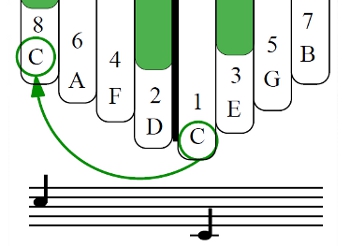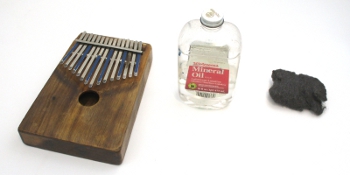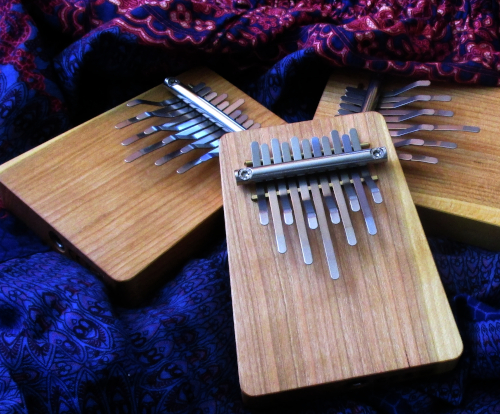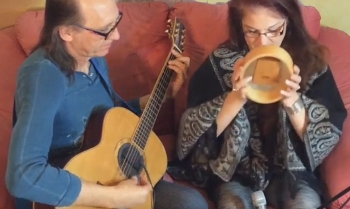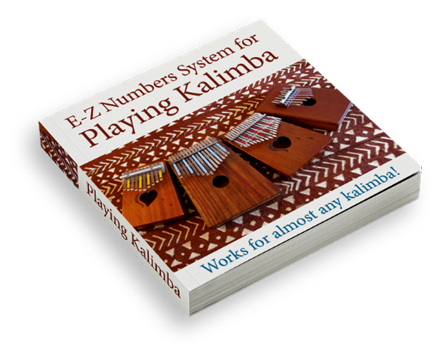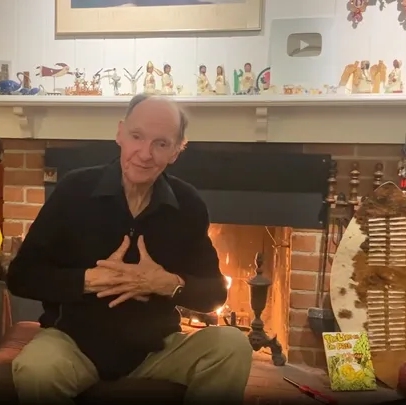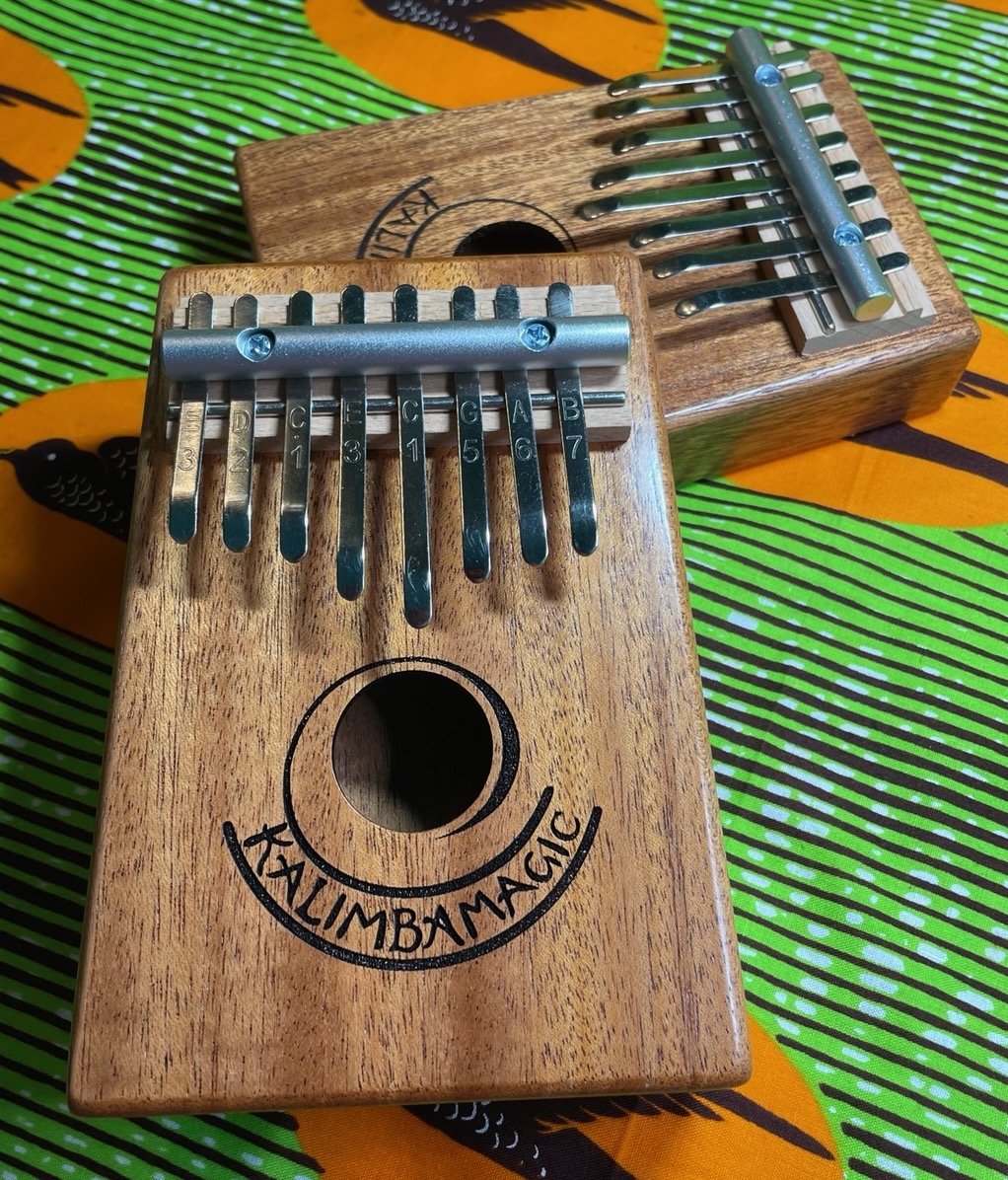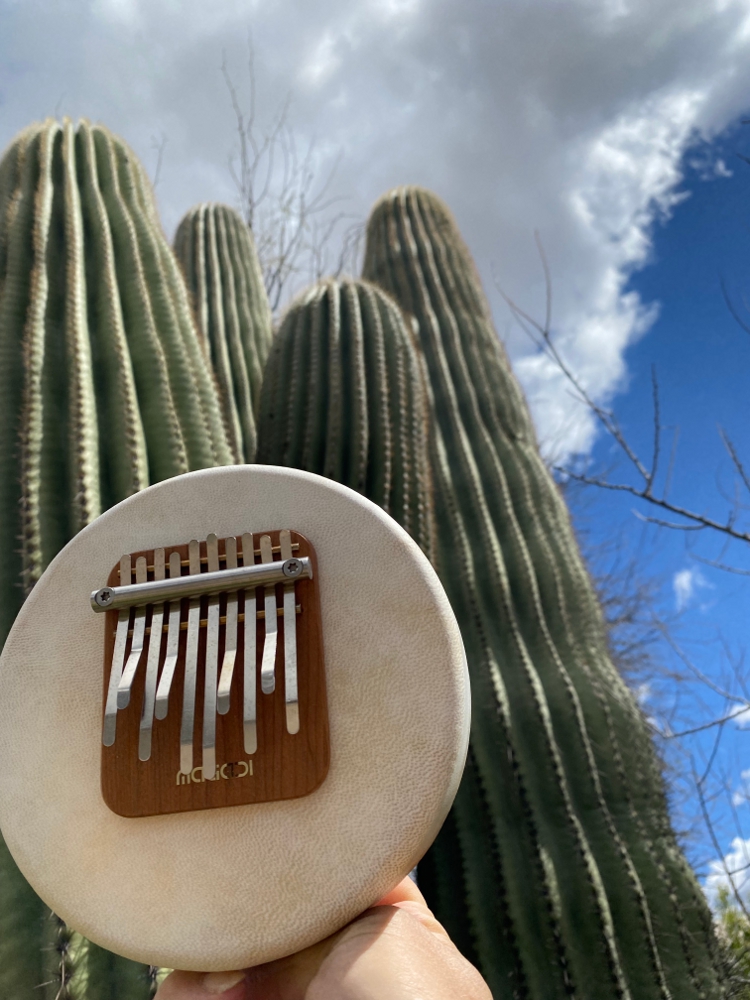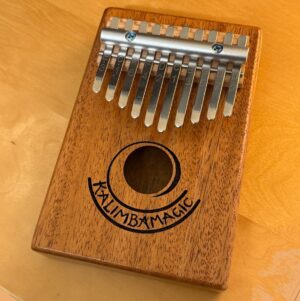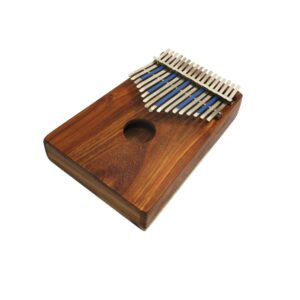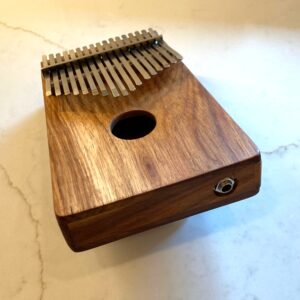
Brand New to Kalimba? Step 2
Find the books and downloads that will work for your kalimba I’m Mark Holdaway. I’ve been playing kalimba since 1986, and I put all my experience into my kalimba books. Hi, Mark from Kalimba Magic again. Each different type of kalimba, with different notes, is capable of different songs. Hence, each different type of kalimba needs its own book. As there are dozens of fundamentally different types of kalimbas out there, there are many many kalimba books… in my universe, anyway! I have written 50 kalimba instructional downloads and 25 kalimba books. And so, when you go looking at my kalimba books or ebooks, figuring out which one/s would work
